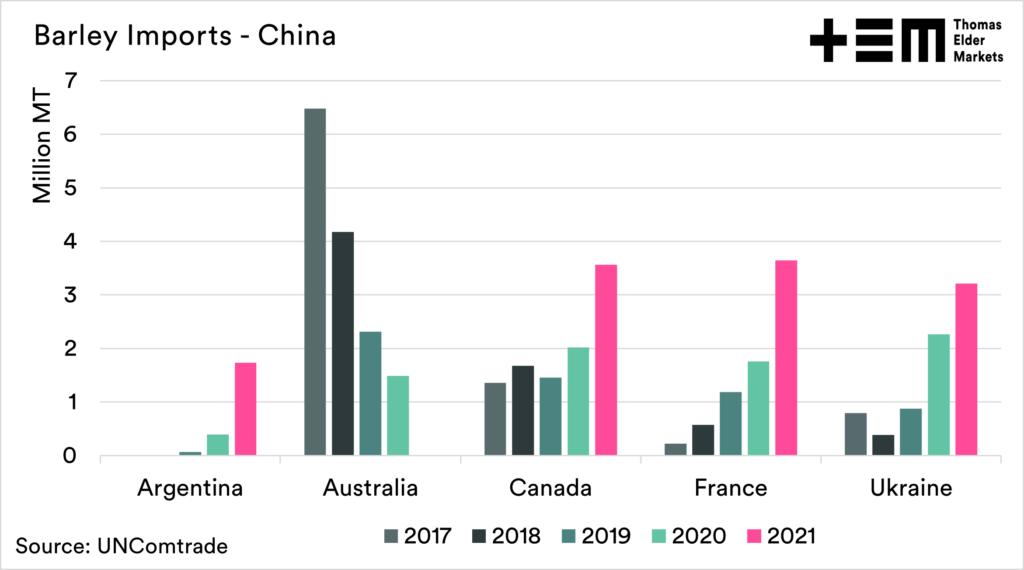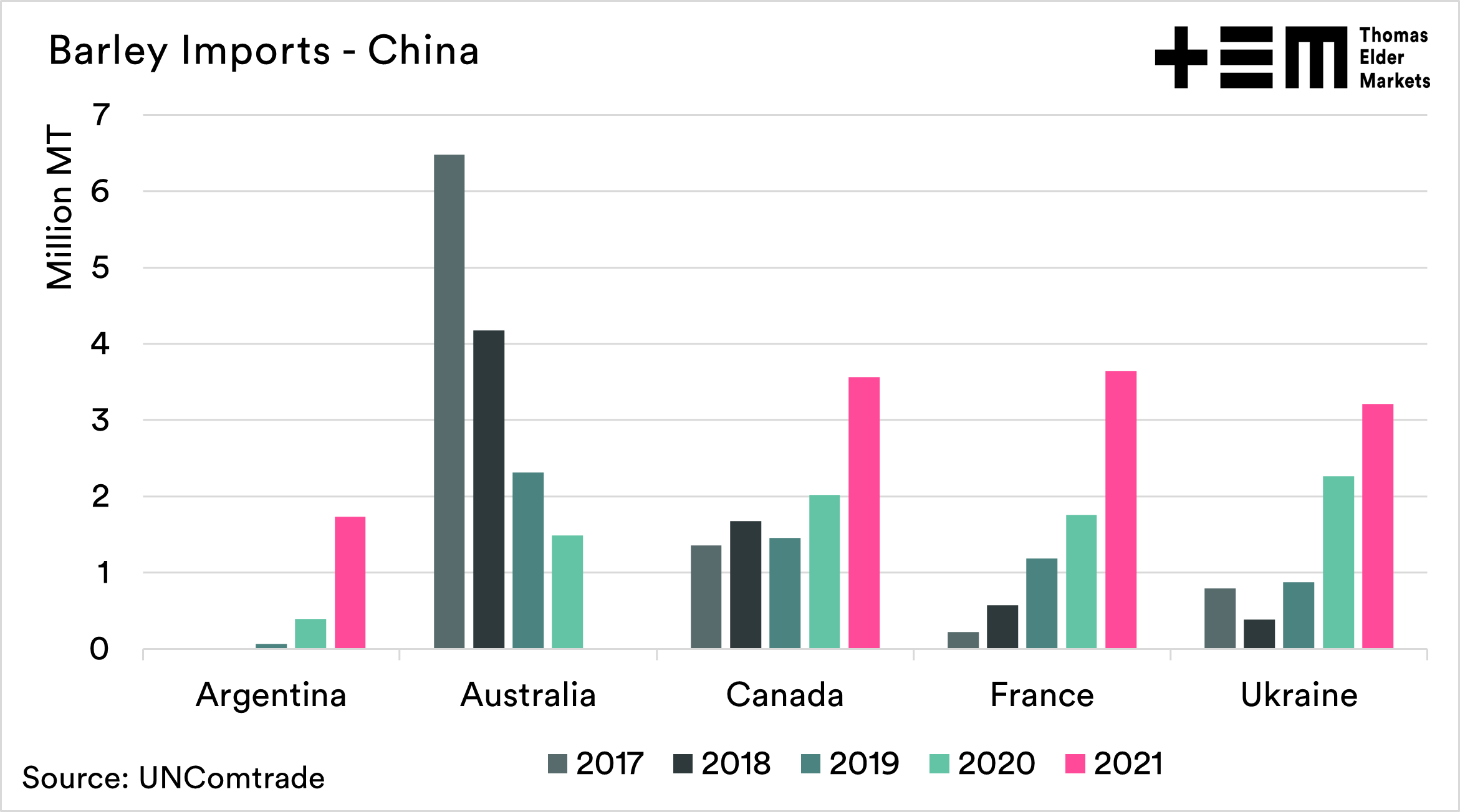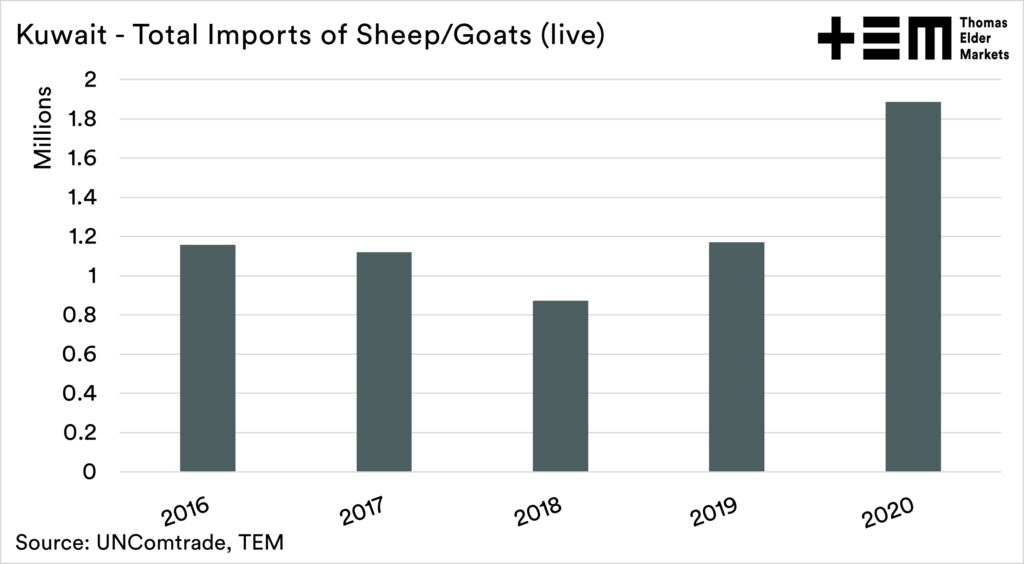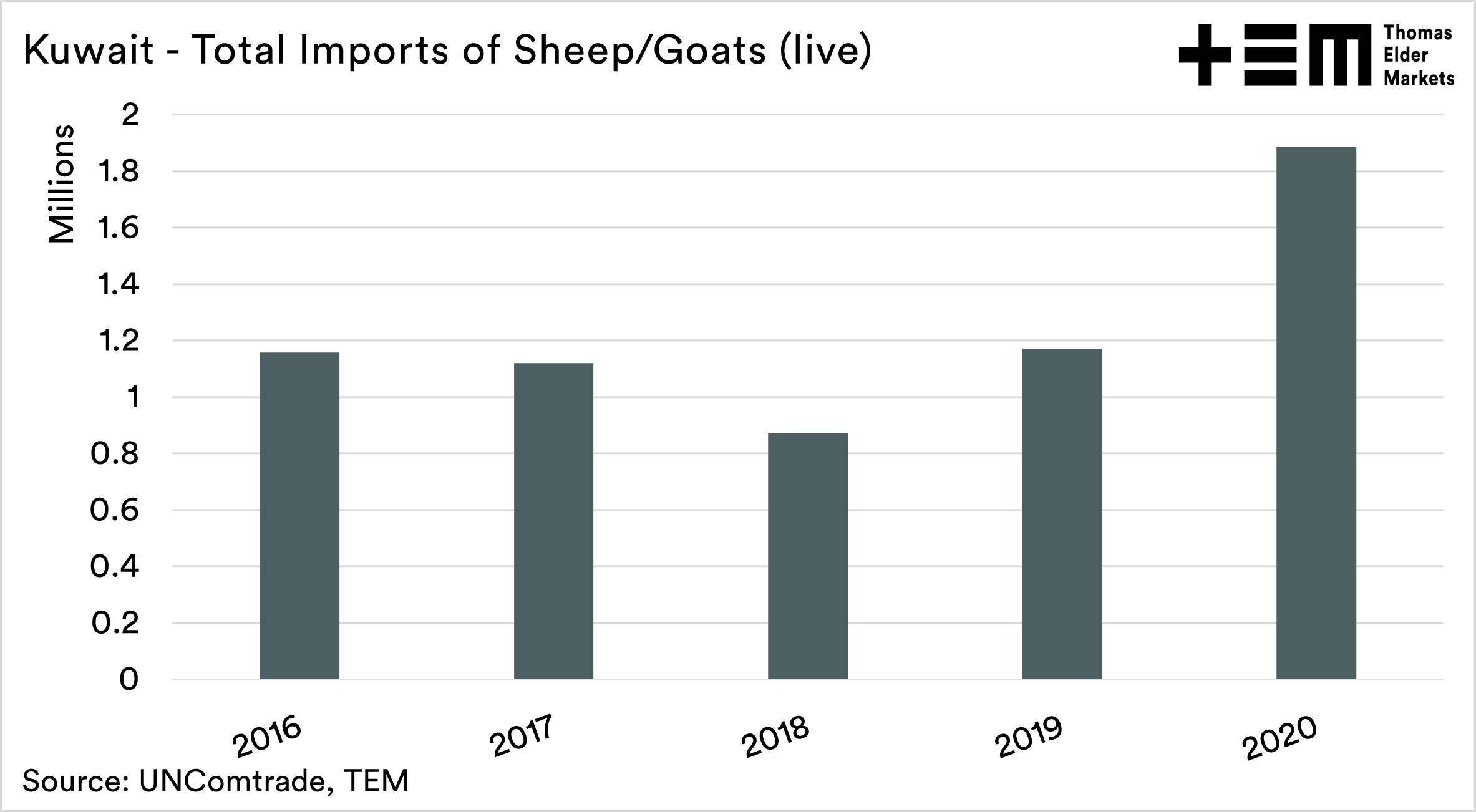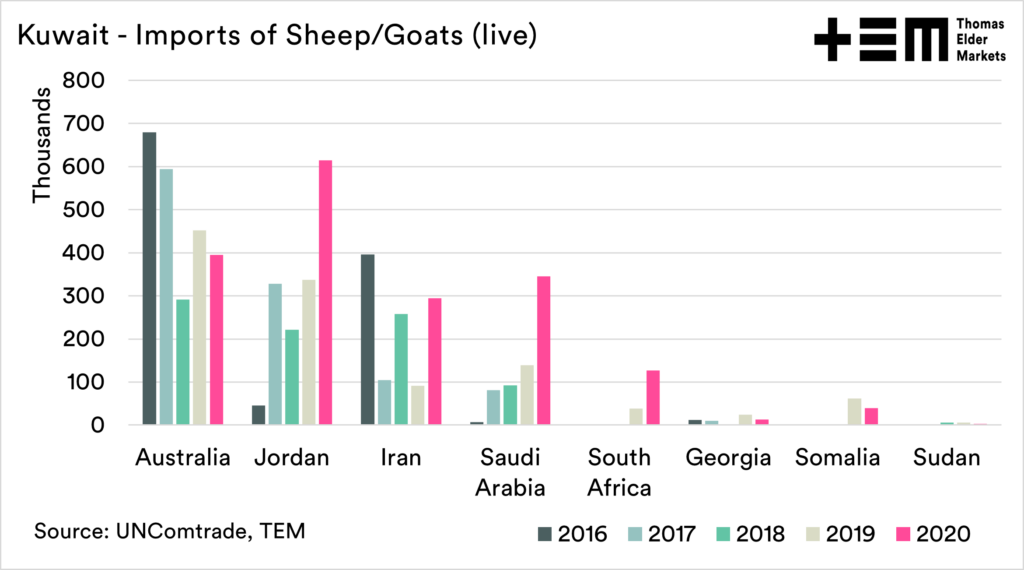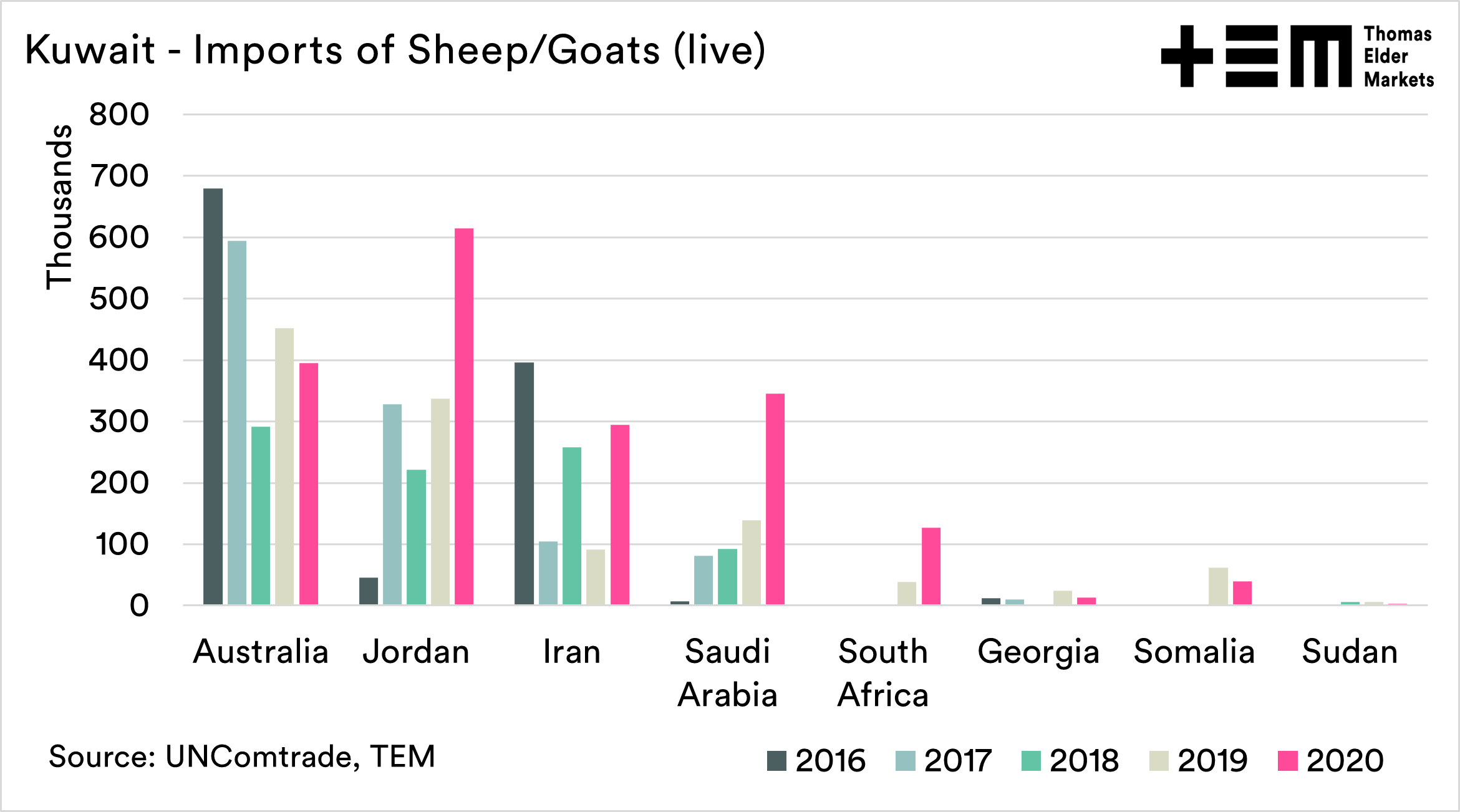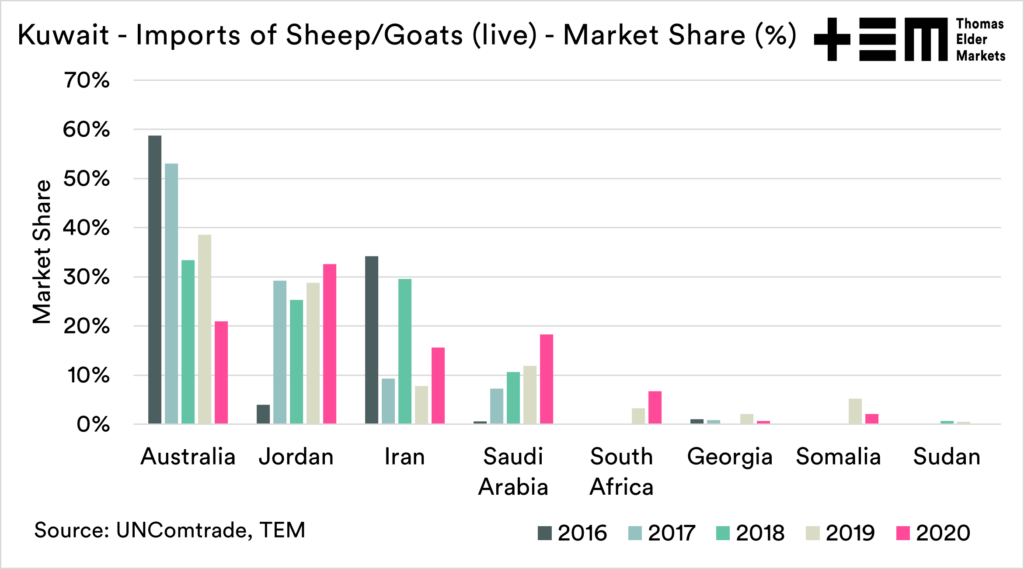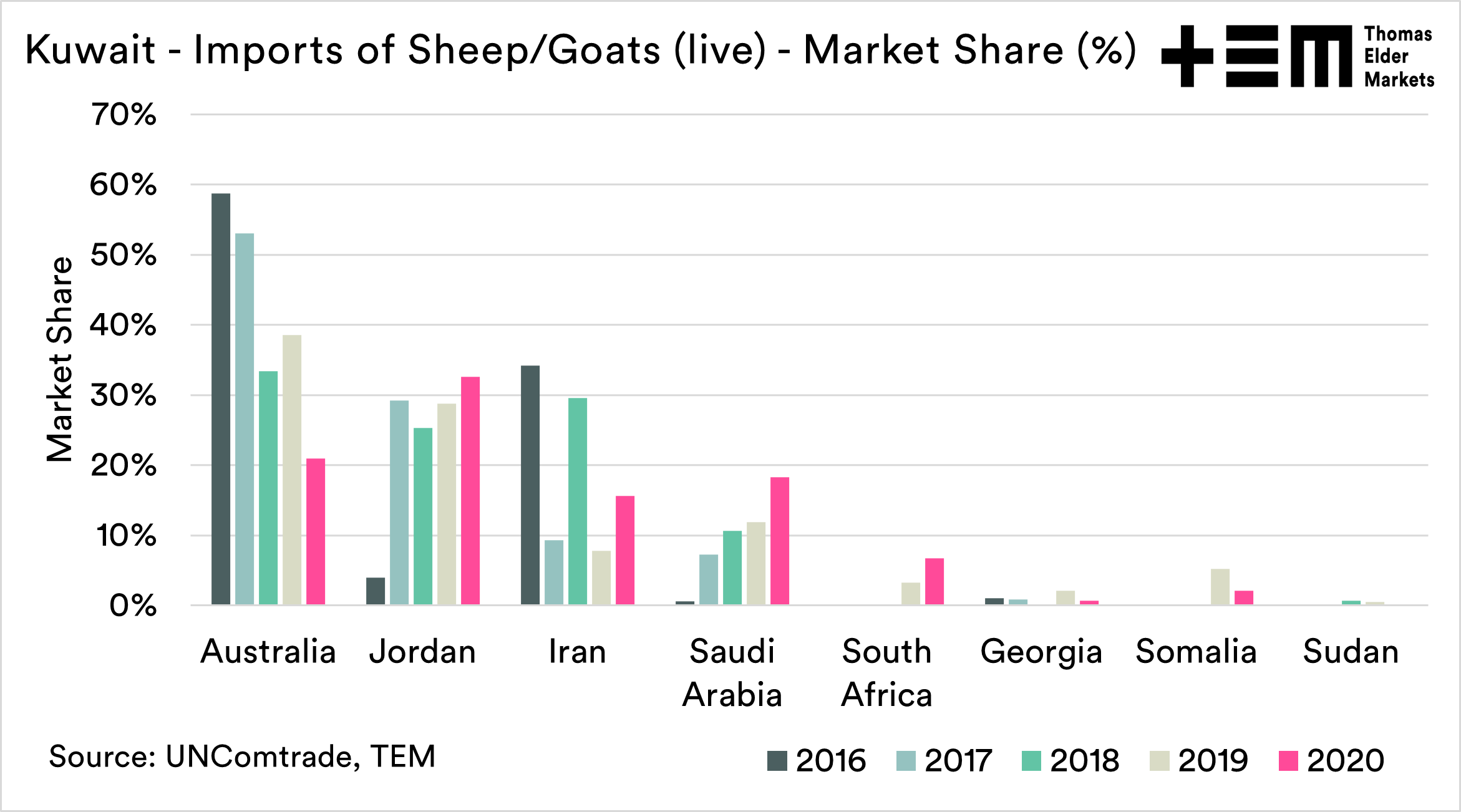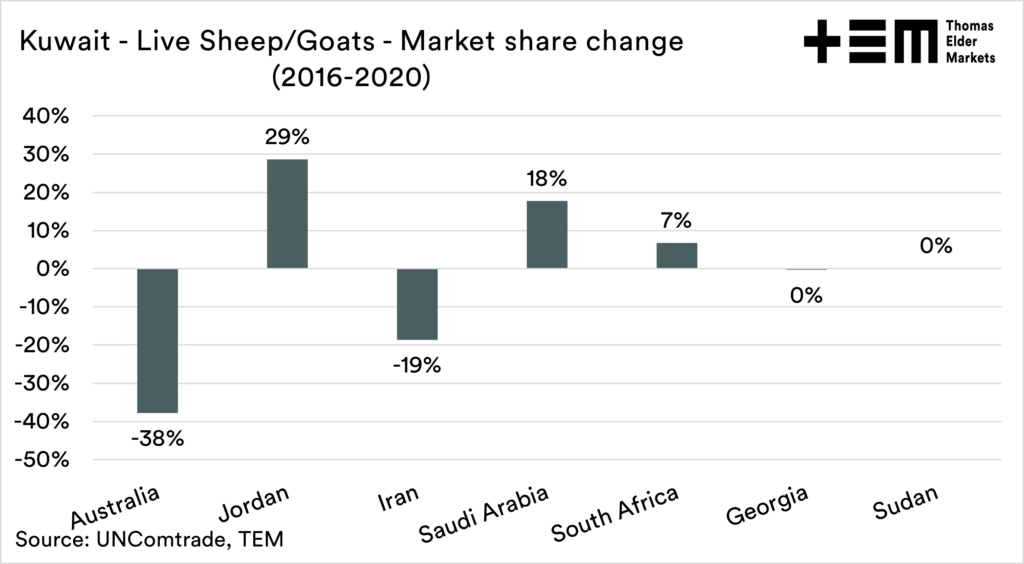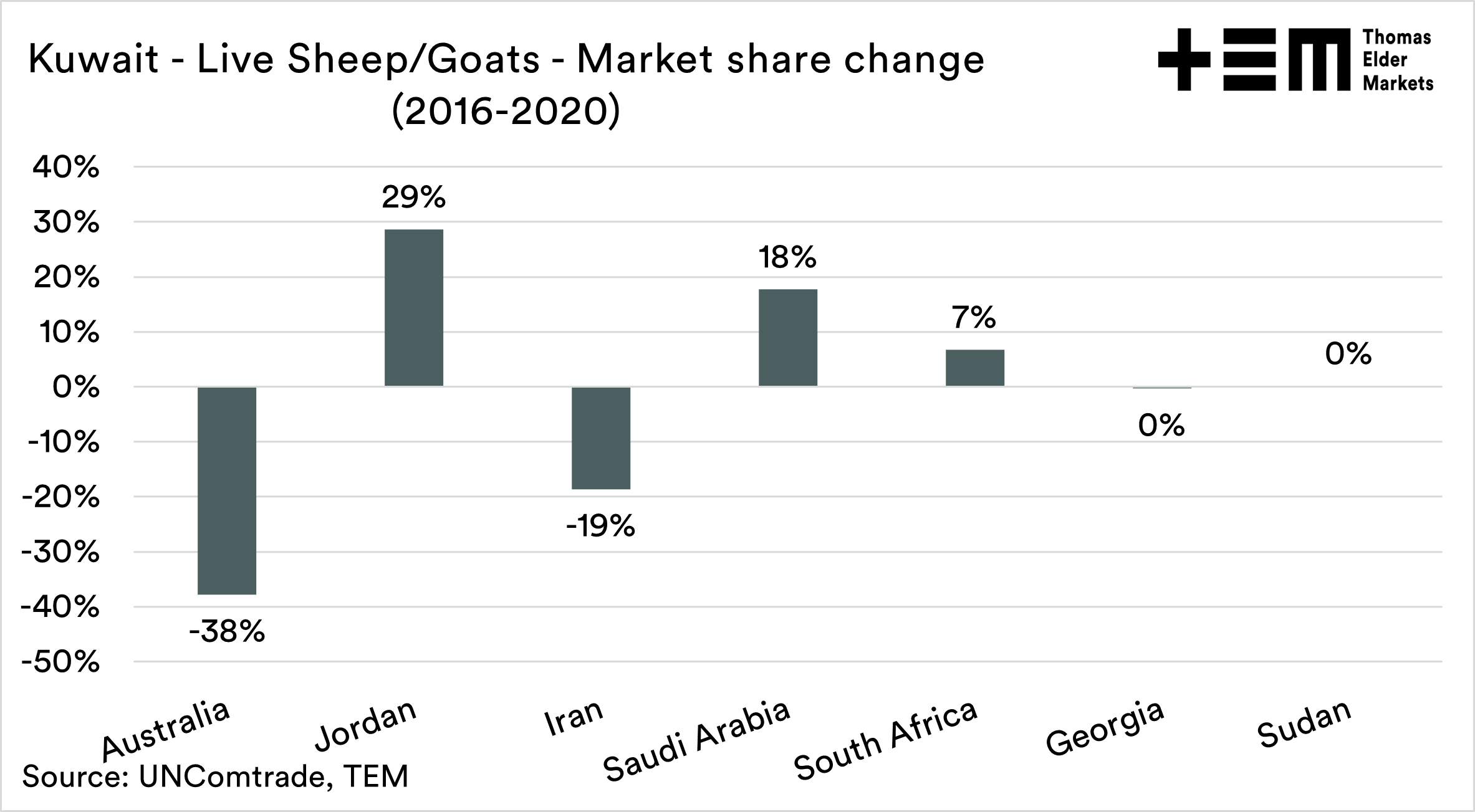What do the barley and live sheep trade have in common?
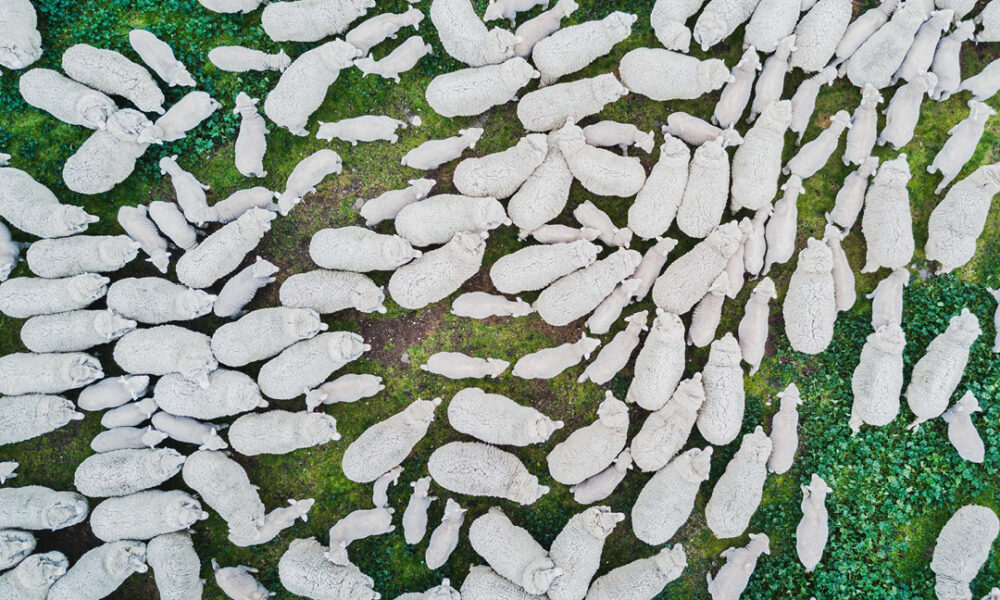
The Snapshot
- When a supplier is removed from the market, demand doesn’t drop.
- New suppliers fill the void.
- In barley, Argentina, Canada, France and Ukraine filled the void left behind by Australia.
- The same has occurred in sheep live export.
- Kuwait, as an example, did not stop importing live sheep/goats. They increased.
- Australian market share fell, and others gained.
- On the weekend, a live export vessel in Sudan sank, losing nearly 16000 sheep.
- As Australia loses market share, we may see further trade flows move to competing nations
- Many of which have lower maritime and animal welfare regulations.
The Detail
If you don’t do it, someone else will. This statement applies to a lot of things in life, but definitely to markets. If a supplier exits the market, another will step in to fill the void. It’s human nature, it’s the nature of the market.
Let’s look at barley.
We lost the barley trade into China. I have discussed this extensively, most recently in the two-year tariff review (see here). Australia was the primary supplier of barley to China, especially after our big crop in 2016. In 2020, China introduced the barley tariff (not a ban), which resulted in Australian exports becoming uneconomical.
China did not stop purchasing barley; their purchases increased. Others quickly filled the void left by Australia. When a supplier comes out of the market, others will compete to win that business. All the significant barley exporters have benefitted from our ostracization, as seen in the chart below.
In early 2018, the infamous footage of the Awassi Express was shown on 60mins. This led the government of the time to severely restrict the export period away from the northern hemisphere summer. Based on the data, the live trade has been falling (see here).
The trade restrictions effectively reduced importers’ ability to purchase Australian sheep. There is an argument from many that these nations, largely middle eastern, would switch to boxed meat. Let’s look at that.
I have chosen to focus on Kuwait, as they have traditionally been the largest importer of Australian live sheep. The chart below shows the annual imports of live sheep (and goats) from 2016. The volume of live sheep/goats hasn’t decreased; it has increased. Let’s delve in further.
The chart below shows the main nations exporting live sheep/goats to Kuwait. The export volumes from Australia have declined, whilst other nations have, like in the barley trade, filled the void.
This can be seen more clearly in the second chart, which shows the market share of the major exporters to Kuwait. Australian market share has declined, and others have grown significantly.
These include several nations with ‘difficult’ business and regulatory environments.
This doesn’t really surprise me. The demand for live sheep/goats in Kuwait didn’t disappear. It was our supply that became limited.
It saddened me to see in the news that a live export vessel (Al Badri 1) had sunk at a port in Sudan, losing nearly 16,000 sheep. This vessel was ancient (1973) and was reported as having a ten-year gap of missing PSC safety inspections. These safety inspections verify that the vessel meets international standards.
It equally saddened me to see the footage of the Awassi Express, as was everyone else in the industry. The reality is that the live export of sheep has continued, albeit a larger volume has moved to countries with lower standards in both shipping controls and animal welfare (ESCAS etc)
So what do barley and live sheep exports have in common? Well both have seen disruption to their trade flows, which have reduced our ability to compete, and new suppliers have filled the hole left by Australia.
At EP3, we are neutral regarding political decisions; we write reports based on the data so that stakeholders within the industry can make informed decisions.
Support EP3
Remember to sign up to ensure you don’t miss any of our updates; these are free to access. Sharing these reports with your network helps support the continuation of this service.

